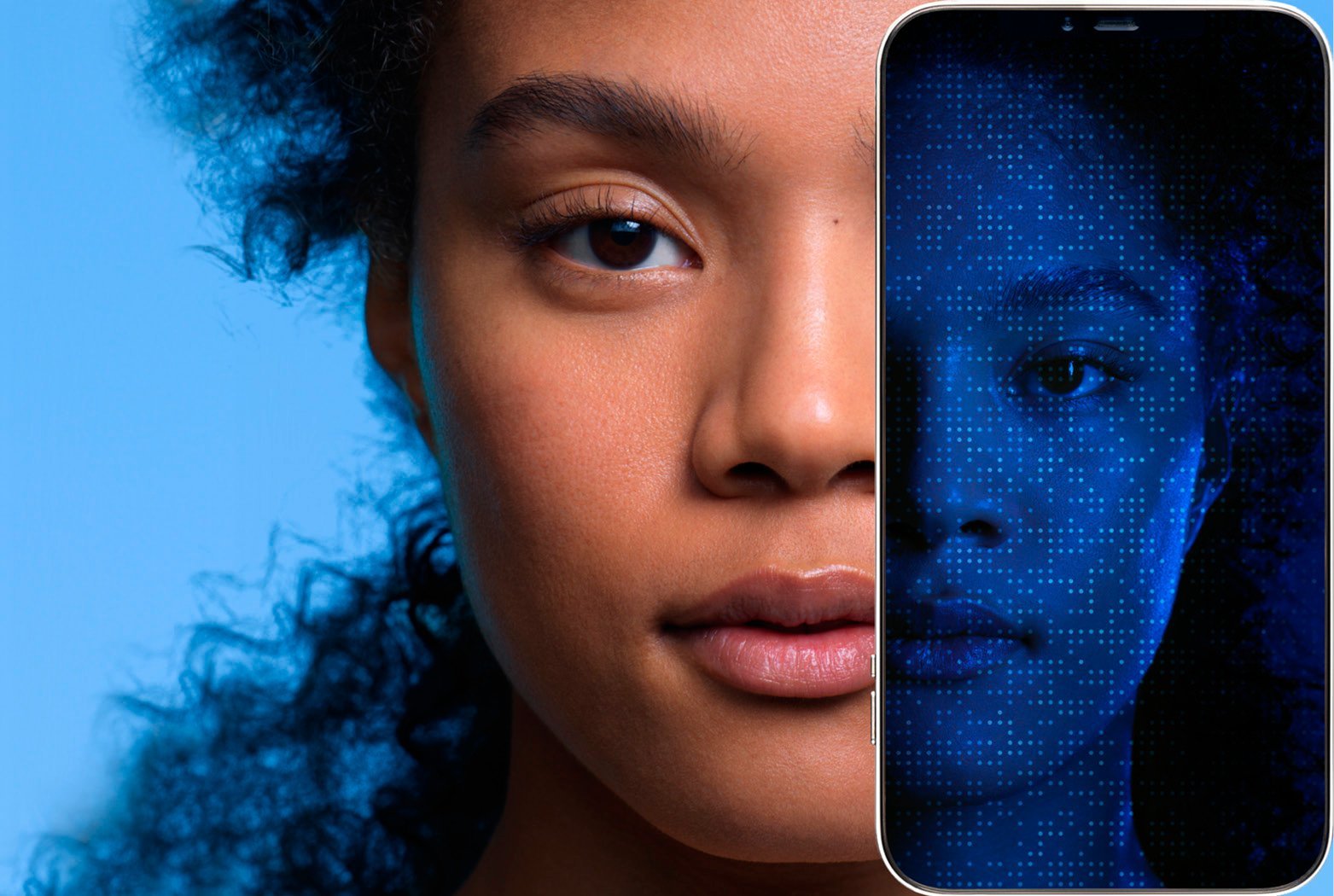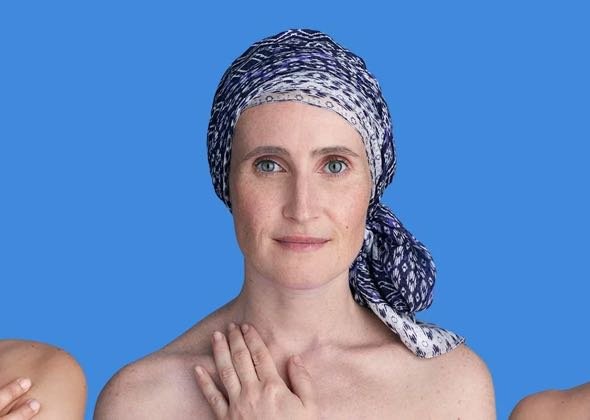SPOTSCAN+
INSTANT SKIN ANALYSIS
FOR BLEMISH-PRONE SKIN
POWERED BY AI,
DEVELOPED WITH DERMATOLOGISTS
I PROTECT
MYSELF FROM SIDE EFFECTS
By now, your doctor will have discussed your upcoming cancer treatment options. Depending on which cancer treatment you are receiving (radiotherapy, immunotherapy, chemotherapy, hormone therapy…), your body may go through different changes. When certain therapies kill cancerous cells, they can also affect healthy cells, potentially damaging your skin, nails and hair along the way.
La Roche-Posay understands the impact that cancer treatment has on your skin and has developed a range of tailored products to nourish your skin and enhance your comfort while you are receiving cancer therapy.
You will find here some of the more common ways your skin can be affected by cancer treatments, and how you can protect and take care of it.
The following side effects will not impact all patients during a cancer treatment.
HAND AND FOOT
SYNDROME
This syndrome may appear in two forms. Sometimes it involves redness and painful swelling which may include blisters. It could also thicken the skin which then appears to yellow and peels with pain at pressure points.
If you experience hand and foot syndrome use gentle cleansing products that respect the skin’s natural pH balance, such as a syndet cleanser, a wash that is suitable for the most sensitive skin. Take the time to practice regular foot hygiene. Wash your feet in the morning and at night and gently pat dry. Use a moisturizing balm on the affected areas, and try a soothing skin care product for irritated and weakened skin.
Avoid any activities which may cause friction or put repeated pressure on the skin, and do not stand for long periods of time and embark on long walks. Wear comfortable shoes, open shoes without high heels with soles that cushion impacts, and cotton or silk socks. Refresh your hands and feet with ice packs or cold pads such as a damp towel, for 15 to 20 minutes.
Xerosis,
Pruritus
Radiotherapy, chemotherapy, targeted and hormonal therapy can all cause xerosis, dry skin with widespread peeling, often with itching. Your skin may become very tight and uncomfortable. While dry and itchy skin are two of the most common dermatological complaints, the condition can range from a mild irritation to more severe cases.
Use gentle cleansing products that respect the skin’s natural pH balance, such as a syndet cleanser. Try taking 33-35 °C showers instead of baths.
Apply skin care products immediately on damp skin. Remember to gently pat your skin dry, trying not to rub.
Consider using a soft moisturising balm for your body and a light hydrating cream on your face. It is essential to always apply an anti-UVA/anti-UVB photo-protection of at least SPF 50.
Keratosis
Pilaris
Targeted therapy is linked to this common and harmless condition where small bumps appear on your skin.
Use gentle cleansing products that respect the skin’s natural pH balance, such as a syndet cleanser.
Use a soft moisturizing balm for the body and a light hydrating cream on your face remembering to apply your skincare to damp skin.
Avoid scratching the lesions.
Now is a great time to invest in alcohol- and fragrance-free skincare products. Be cautious with deodorants, and do not shave or use hair-removing cream on the weakened skin. Always use an anti-UVA/anti-UVB photo-protection of at least SPF50. The area exposed to the rays will be very vulnerable to sunburns and will have to be protected throughout your life.


